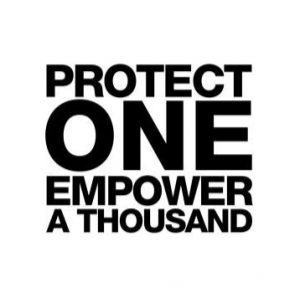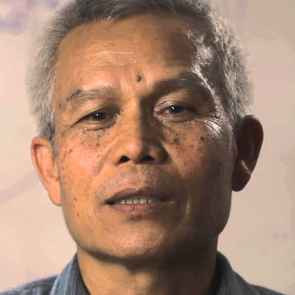#Laos
#Laos
Laos has been a single-party republic since the Lao People's Revolutionary Party (LPRP) seized power in 1975. Human rights defenders work under great difficulties and cannot operate freely. They face surveillance, intimidation, arbitrary arrest and detention, torture in custody, and enforced disappearance. HRDs have been accused of threatening national security in relation to online criticism of the Lao government. Freedom of expression, association, and assembly are heavily restricted, despite the fact that these rights are guaranteed in the Constitution. Registration and regulatory mechanisms for NGOs are onerous and allow for arbitrary state interference. Despite international pressure, the 2012 disappearance of prominent HRD Sombath Somphone remains unsolved in 2017 and continues to exert a chilling effect on civil society.
In recent years, a large amount of lands and natural resources have been leased out to companies based in China and Vietnam. The operations of these companies have brought conflict with local and indigenous communities, and have resulted in their forced displacement and relocation. Grassroots HRDs working on indigenous and land rights thus face high risks, including arbitrary detention, ill-treatment and enforced disappearance. In a country with one of the worst press freedom records, journalists and online activists who raise human rights issues are also targeted. Laos media are largely state-owned and controlled, and journalists exercise a great amount of self-censorship due to fear of reprisals. Journalists and netizens who criticize the government’s failure to address human rights violations risk punishment under the criminal code.
The criminal code contains broad limitations that prohibit “slandering the state, distorting party or state policies, inciting disorder, or propagating information or opinions that weaken the state.” This effectively gives authorities sweeping powers to limit basic rights and fundamental freedoms for anyone they deem critical of the authorities, including HRDs. In January 2016, Prime Ministerial decree No.377 restricted the press activities of international media and NGOs by requiring that they get state approval before publishing material or before setting up an office in Laos. In November 2016, Lao lawmakers approved an amendment to the 2008 Media Law to ensure that journalists strictly adhere to and promote government policies.



